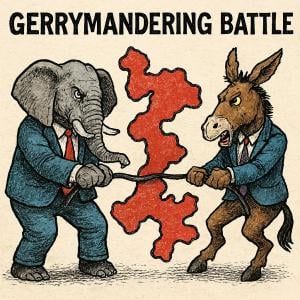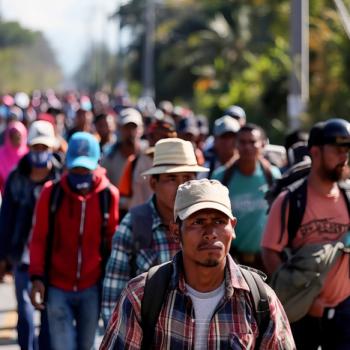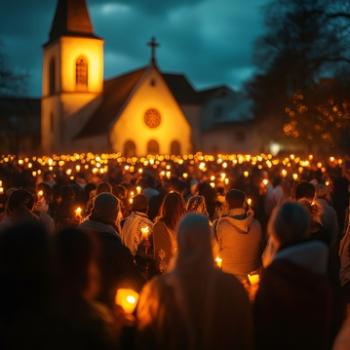
Battle lines are being fortified in the latest political battle in the U.S.: gerrymandering. Texas Democrats abandoned the state to prevent Republicans from redistricting. What will the impact be as states rewrite electoral maps to strengthen their positions? Let’s take a look.
How Did We Get Here?
Texas is the latest state in this continuing battle. The oddity with this effort is that historically, the redistricting occurs after a census. Republicans have raised many concerns with the 2020 census as the Supreme Court struck down their attempt to add a question related to citizenship. Interestingly, the court’s reason for striking down the additional question was that the Commerce Department failed to provide a legally sound rationale, saying it seemed to be “contrived.” Democrats argued that adding the question would discourage American citizens from participating in the census. Republicans argued that the inclusion of illegal migrants would skew the census. Both sides had valid points. Census data determines congressional seats, federal funding, and planning for public services.
Gerrymandering Isn’t New to the U.S.

The process of redistricting goes back to Colonial times. In 1812, Elbridge Gerry, the Governor of Massachusetts, approved a redistricting plan that favored his party, and the label “gerrymandering” stuck. Both parties engage in gerrymandering regularly. Some of the most gerrymandered states are:
- Illinois
- Oklahoma
- California
- South Dakota
- Massachusetts
- North Dakota
- New York
- West Virginia
The problem with gerrymandering has multiple impacts:
- It skews the number of Congressional seats.
- It impacts where federal funding goes.
- Further, it divides the country specifically into a Blue U.S. and a Red U.S.
Gerrymandering is focused on limiting the opposition’s influence on elections. This is done by:
- Packing – concentrating opposition voters into a few districts
- Cracking – splitting opposition voters across many districts to dilute their influence.
The Impact of Gerrymandering
Although both parties frequently echo the slogan “Every vote counts,” gerrymandering casts doubt on justice, equity, and truthful representation. As a result, those in power often silence certain voices—an outcome that, in many cases, they intentionally design.
Jesus taught us in Matthew 7:16:
“By their fruits you will know them.”
Elected officials are entrusted as stewards to be the people’s voice, not just the voice of those they agree with; however, gerrymandering distorts the representation of the people. Specifically, it silences minorities and dissenters. This is in contrast to Jesus’ call for justice and equity.
Matthew 23:23 states:
“Woe to you, scribes and Pharisees, you hypocrites. You pay tithes of mint and dill and cummin, and have neglected the weightier things of the law: judgment and mercy and fidelity. [But] these you should have done, without neglecting the others.”
John 7:24 says:
“Stop judging by appearances, but judge justly.”
Proverbs 31:9 says:
Open your mouth, judge justly, defend the needy and the poor!
While Jesus often preached about justice, more importantly, He embodied it through His actions. His justice was unquestionably restorative, not punitive. He was all about dignity, equity, and truth; however, practices like gerrymandering deny people those values.
Please share your thoughts on this article in the “Comments” section.
Peace
If you like this article, you might enjoy:
Unity in a Divided World: A Spiritual Guide
Submarines Positioned Near Russia: What It Means
Vigilant: The Call To Be Prepared Always














